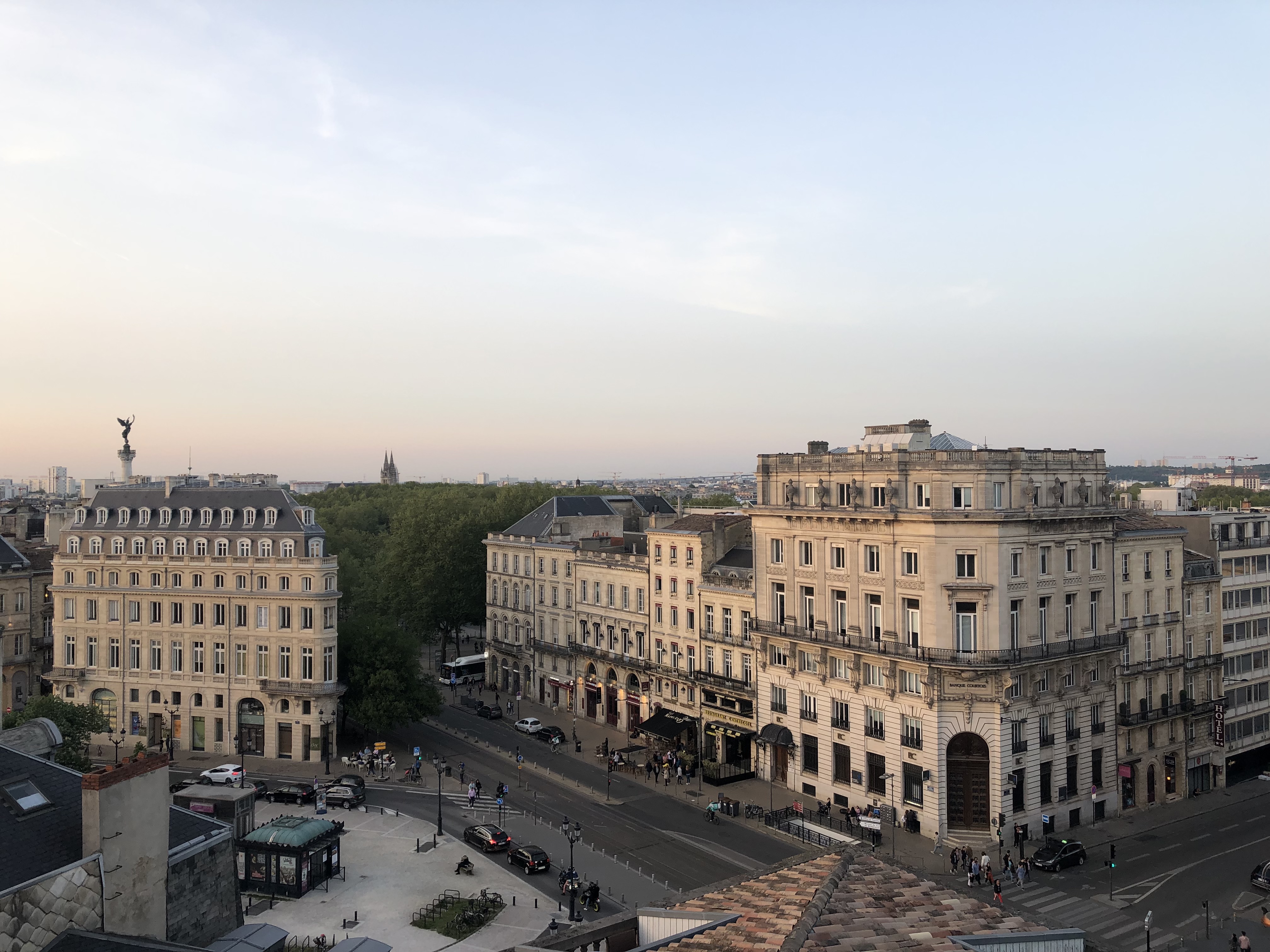France as a Study Abroad Destination: The Truth behind French Stereotypes
What made us choose France as our study abroad destination? The language was the main reason as we both wanted to improve our French skills. The other reasons were the weather, cuisine and wine as well as the opportunity to travel easily in Europe. Most importantly, we could imagine ourselves sitting in a terrace drinking wine in a small street of a beautiful old town in France. So after a year, did all of our dreams come true and how much is true about the French stereotypes?
Let’s go through some typical French stereotypes and see if we can agree with them or not.
French people are snobby and rude
If you have only visited Paris, we can easily understand why would you think so. However, we don’t think this is true. We actually think that most of the French people are very friendly. Of course, we have had our own share of extremely rude customer service, but all the good experiences outfight the bad ones.
”I have some French friends and they are kind and nice people. Also, my experience of visiting them in France is that they are always very hospitable. Additionally, French are helpful. Once, I tried to find a room in our school and asked for help from a French student. In the end, I had four French students helping me to find the room. And when I tried to terminate my mobile contract and had troubles with understanding the French customer service on the phone, I got help from a waitress in a cafeteria.” – Sini
The typical mistake, that foreigners do in France, is that they are not polite enough according to French standards. Learn to greet in French (Bonjour/Bonsoir), say goodbye (Au revoir) and thank you (Merci). And always choose the more polite form ”vous” instead of ”tu”, when you are addressing to person, who you don’t know. Especially for us who come from ”more casual” countries, like Finland, the official and respectful language can sometimes be difficult to master. In France, they are shocked to find out that we call our professor by their first name instead of addressing them as Madame or Monsieur.
It is also important to understand, that French people are proud of being French. They regard themselves as country of history, art and culture. They do joke a lot about themselves and have a quite dark sense of humour, but they don’t like to hear foreigners dissing their beautiful country. However, topics like the French Bureaucracy or snobby and rude Parisians are normally free topics to moan even for the French people.
French can’t or don’t want to speak English
This is mostly true. Of course, there are many French people who do speak English well or at some level, but you will come across many French, who don’t. French people aren’t ashamed to admit that they don’t speak English. If you ask them politely in French: ”Vous parlez anglais?” They will just simply answer you with proud in their voice: ”Non”. It is also true, that many French just don’t want to speak English, even they could. Somebody explained to us that French just simply find speaking English too tiring or difficult. Additionally, French aren’t always that patient or understanding for foreigners who are trying to speak French. Especially, compared to Finnish who are always eager to see foreigners trying to speak Finnish. This might be sometimes frustrating when you are trying your best to learn the language. Therefore, always focus on your French studies the correct pronunciation as otherwise, the French won’t understand you.
French smoke a lot
Yes, so true. Despite the fact, that tobacco is very expensive in France.
French drink a lot of wine and eat a lot of cheese
French people do love both wine and cheese. For French, there is no time, when you couldn’t drink wine and nobody will judge you if you decide to order a glass of wine before noon. What would be dinner or lunch without wine? Cheese also works perfectly with the wine. There is no better thing than going to a wine bar in France and ordering a cheese platter with the wine.
French walk around holding baguettes
This is also true. French cities are full of bakeries (boulangerie), where the French people like to buy their bread and croissants from. Therefore, it is not uncommon to see French people walking in a city a baguette under their arm wrapped in a brown paper.
French are skinny
At least after our year in France, we truly believe so! Despite being the country of cheese, baguettes, pastries and wine, French people tend to be skinny. This is probably the reason, why there are books of ”the French diet”. The main reasons may be that French people eat only small portions, they don’t completely deny anything from themselves, and they walk everywhere. French typically eat some small sweet pastry in the morning, a good lunch, something sweet with coffee in the afternoon, and a good dinner in the evening.
France is bureaucratic
Yes, million times yes! Before moving to France, practice some mindfulnesses and meditation. You are entering the world of printed documents. For instance, if you want to make a rental agreement, prepare to read and sign dozens of pages of your lease and sent them by post. You might ask yourselves, why I cannot scan them and send them by email? You just simply cannot. Even if you want to end a contract, such as a lease or a mobile contract, you cannot just simply inform your landlord by email or march to the store where you bought your mobile subscription. No, you need to send them both an official letter, where you inform that you want to end the contract. These are also situations when some level of French skills might come useful or are absolutely necessary.
”I needed to end my contract with my electricity company. They did have a customer service in English that helped me to make the contract when I moved to France. However, English speaking customer service doesn’t support in terminating a contract. Luckily, my French had improved enough, so I was able to call the customer service and explain in French that I wanted to terminate my contract. We seemed to understand each other. However, I still needed to send a couple of emails before my contract was actually terminated.” -Sini
After a year, what we think about France?
France was definately as beautiful country as we imagined. We did spend many afternoons and evenings sitting in a terrace drinking wine in small streets of Bordeaux. The weather was not always good, but we did enjoy a lot of French cuisine and wine. We did some travelling. Mostly in France, but we also did some trips to Spain and Portugal. We also learned a lot about French culture and found that some of the stereotypes of French weren’t true and some of them absolutely were. We both fell in love with Bordeaux. We honestly think that it is the most beautiful city in France. However, there were also moments when we were frustrated and complained, why everything has to be made so difficult. We also said too many times: ”In Finland, we have/do…”. But we did have an amazing year and are both truly glad that we chose France as our study abroad destination.
Sini & Mari

Do you agree with us regarding the French stereotypes? Share with us your experiences about France and French people!
Also, remember to check our Instagram account, where we share more content about our year in Bordeaux. @projectdoubledegree


